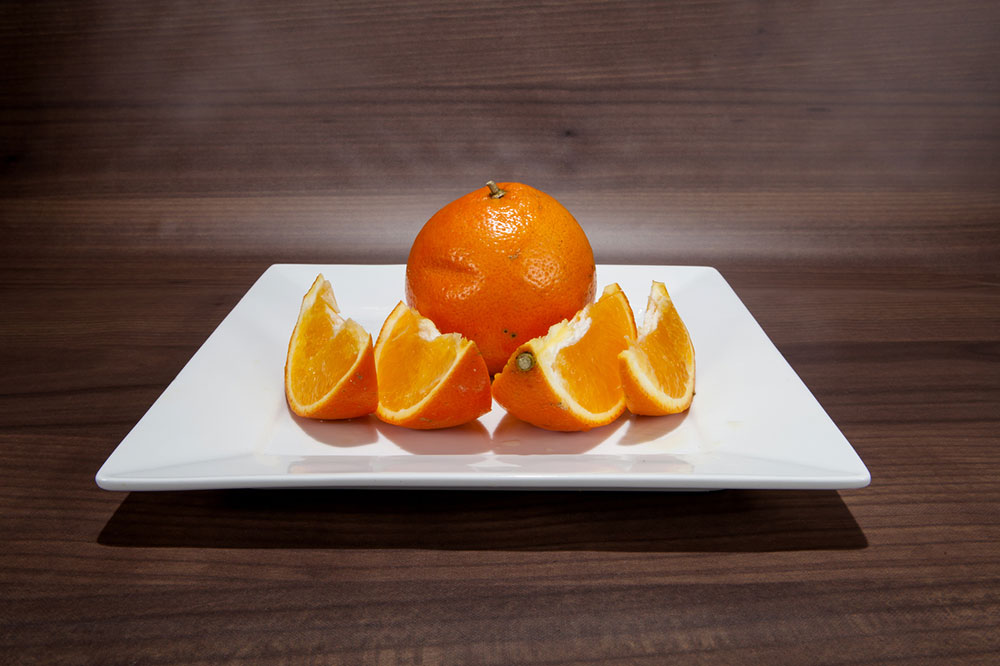
The 6 Worst Foods For Eczema
Eczema (atopic dermatitis) is a condition that affects the skin. It is characterized by dry patches, oozing blisters, redness, and itching. Eczema is more prevalent in children less than two years old, and many outgrow it over time; however, some do continue to experience eczema as adults. Studies have additionally shown that many people diagnosed with eczema also have food allergies.
Thus, many patients experience eczema flare-ups after consuming certain foods and therefore need to stick to an anti-eczema diet. Read on for six foods to avoid for eczema.
1. Dairy products
Dairy products are a major trigger of food allergies, so an individual with eczema is likely to have their symptoms worsen after consuming such products. However, while cow’s milk is a common eczema trigger in children, you should not be deterred from giving milk to your child. Milk is crucial for development in children, and total elimination of milk from a child’s diet can result in certain vitamin deficiencies, among other health problems. It is only advisable to eliminate milk from a child’s diet if the doctor recommends it. In such instances, the doctor will recommend appropriate alternatives.
2. Citrus fruits
Citrus fruits such as lemon, orange, lime, and grapefruit are excellent sources of vitamin C. In rare occurrences, though, these fruits exacerbate symptoms of eczema, as they contain Balsam of Peru, an allergen sometimes responsible for eczema flare-ups. Many people who have an allergic reaction to these fruits experience eczema symptoms after they come in contact with the peel of the fruit, eat the fruit, or drink the fruit juice.
3. Gluten or wheat
Gluten is made of several proteins. Major sources of gluten include barley, wheat, and rye. However, gluten is also added to many processed foods, such as processed meats, to add protein, flavor, and texture. Gluten is a major concern for people with eczema. The proteins in gluten are not easy to digest, resulting in the formation of gluten peptides. These gluten peptides are transported from the gut to the rest of the body, triggering an immune response. Common conditions associated with gluten intolerance include Non-celiac gluten sensitivity (NCGS), wheat allergy, and celiac disease. All these conditions have eczema as an overlapping symptom, so going gluten-free seems to be able to offer some relief.
4. Soy
Some studies show that eczema tends to worsen after the consumption of soy products such as soy milk, edamame, tofu, soy sauce, and textured vegetable protein. Always be aware when buying food products, because sometimes soya is added to foods you don’t expect.
5. Tomato
Eating tomatoes can be problematic for people with eczema. Major eczema triggers in tomatoes include amines, salicylates, and natural MSG. If you opt for a tomato-free diet, remember to watch out for tomato products like ketchup, curry sauce, pasta sauce, and Bolognese.
6. Cinnamon
Spices are significant in imparting flavor and taste in foods, but they are pretty problematic for people with eczema. Spices, such as cinnamon, are likely to trigger flare-ups in people sensitive to Balsam of Peru. Other spices that may cause skin reactions include garlic, cloves, fenugreek, and coriander.
Eczema symptoms can be relieved with home remedies and over-the-counter drugs. Watch out for eczema Pharmca coupon discounts to save you some money and get some relief from eczema symptoms. However, if you experience severe eczema, it’s still best to seek medical advice.



